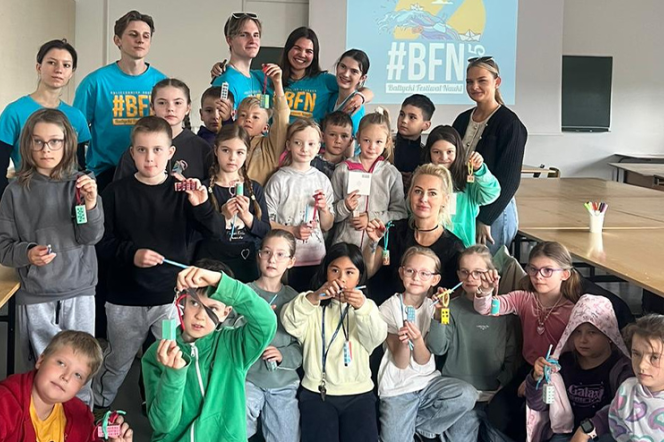Date added: 2025-06-09
Baltic Science Festival at the Department of Environmental Design

1. Home: How We Live in Pomerania
A short conversation about what a home is, the different forms it can take, the patterns and styles that accompany it, what it contains, and what surrounds it. We’ll discuss how a home sounds and what it smells like. Who lives in it? We will show examples of various types of homes from different places. As part of the workshop, each participant will create their own home—either following a pattern or using their imagination.
Workshops held as part of the international project "Reconnecting With Your Culture".
2. Around the Kashubian Cottage: The Scent and Taste of Tradition
A story about front gardens, gardens, meadows, fields, and forests in Kashubia, highlighting their role in the traditional village. We’ll talk about the current need to strengthen cultural heritage and explore ways to care for biodiversity. The workshop includes planting (wild strawberries) and sowing seeds (hollyhocks). Participants will also get to taste hollyhock tea and wild strawberry jam.
Activities prepared as part of the international project "Reconnecting With Your Culture".
3. Upcycled Shelter: Design in the Face of Challenges
“Castaways on a Desert Island” is the starting point for exploring how to survive in difficult conditions, what constitutes shelter, and what defines comfort.
Building a home—meeting basic needs—is a fundamental part of human culture. However, designing under extreme conditions, where typical methods fail and material access is limited, requires creativity and innovative thinking. Participants will take on the challenge of using reclaimed materials—washed ashore by the sea—to design and build a life-size (1:1 scale) shelter model, in line with upcycling principles, adapted to the conditions of a deserted island.



